VR in the Travel Industry: Market Overview
Benefits of Using Virtual Reality in Tourism
Top 4 VR Applications in the Travel Industry
As any traveler knows, it’s difficult to truly feel confident about a booking decision without seeing a hotel room or tour location in person. Traditionally, tourists explore written descriptions, photos, and videos, trying to visualize an accurate picture of a potential trip. However, the information gathered through this type of research often leaves lingering doubts.
This is where Virtual Reality (VR) for travel businesses truly shines, by opening up an opportunity for interactive simulations of travel destinations. It’s no wonder leading travel companies, hotels, and booking platforms have begun to provide VR previews of their offerings.
This blog will explore how Virtual Reality solutions can be used in the travel sector by bringing a new dimension of presence to the online booking journey.
VR in the Travel Industry: Market Overview
Benefits of Using Virtual Reality in Tourism
Top 4 VR Applications in the Travel Industry
The global virtual tourism market, valued at $5 billion in 2021, is projected to reach $24 billion by 2027, highlighting the increasing significance of VR in the sector.
According to Cognitive Market Research, Virtual Reality for tourism is spreading quickly because it’s so effective at giving an immersive sense of ‘being there’ through an interactive 3D world, compared to more passive 2D representations.
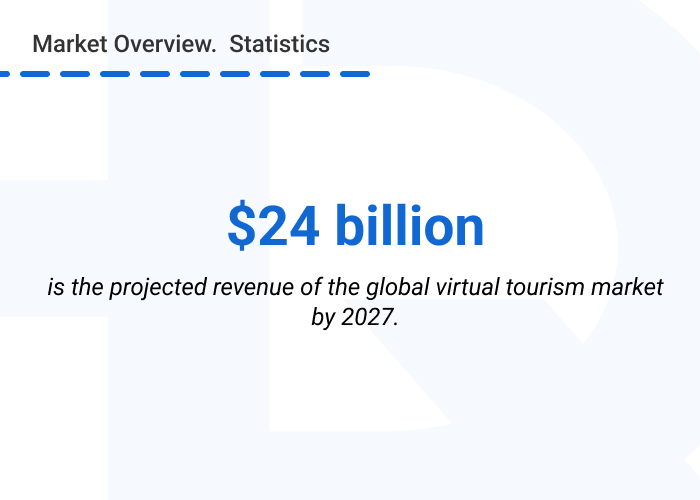
Another key driver of this trend is the ability of VR to provide a “try-before-you-buy“ experience for all the important aspects of a future trip. Travel agents can offer potential visitors the opportunity to virtually “explore“ locations and accommodations before committing to a booking.
Often, Virtual Reality travel experiences rely on a 360-degree video of a location, which can be easily shared on social media platforms. However, a 3D simulation compatible with basic VR technology, such as the Oculus Rift, provides a much higher level of immersion by allowing users to freely explore an interactive digital environment. Rapid adoption of tactile feedback and sound elements has put fully immersive virtual apps in the lead within the Virtual Reality travel industry.
Among the app types, hotel brands initially led the market by providing potential guests with immersive VR hotel offerings. However, the fastest-growing segment in recent years has been virtual tours created specifically for major tourist attractions.
As the Virtual Reality travel industry continues to grow, let’s explore some of the key trends emerging in this dynamic space.
Digital innovations often unfold gradually, but the VR revolution will disrupt travel by leaps and bounds. Already, exciting trends are emerging that throw out traditional ideas of distance, ability and planning. Here are some key Virtual Reality travel trends to watch:
Having explored the rising adoption of Virtual Reality across the tourism sector, let’s take a look at the tangible benefits VR can deliver to businesses.
Want to create a VR solution for your travel business? We’re ready to help!HQSoftware has a team of skilled professionals ready to tackle the project. Ask me!
Anna Halias
Business Development Manager
Nearly 46% of travelers surveyed say they would be more open to traveling somewhere if they had a chance to experience the potential location virtually first. Below are some ways you can leverage Virtual Reality to your advantage within the travel sector.
Advanced marketing campaigns. Travel boards, hotels, cruise and airlines, etc., can boost their promotional reach by showcasing 360-degree panoramic views, virtual tours, or interactive guides. This kind of an immersive environment gives a realistic sense of a location’s atmosphere, culture, and attractions. For example, Germany’s national tourist organization immerses viewers in scenic locales across the country.
Enhanced decision support. Tour operators can virtually transport tourists to specific destinations, whether snorkeling in the Maldives or going on wilderness safaris in Kenya. Travelers can virtually inspect nearby points of interest or uncommon accommodations, such as luxury tents, facilitating decision-making. Such virtual tours not only showcase the specific options of a destination but tend to make travelers more excited about their trips.
Reduced pre-travel anxiety as a sales impact. VR can help alleviate the fear of the unknown for those who are concerned about new environments, such as cruise tours. Cruise lines can provide simulated experiences of their ships and the attractions available. For example, water slides. It is also possible to preview in VR exotic places to be visited on the itineraries and at foreign ports of call. This allows passengers to envision the full experience before making cabin reservations.
How do modern businesses use AR to increase their revenues and outperform their industry competitors?
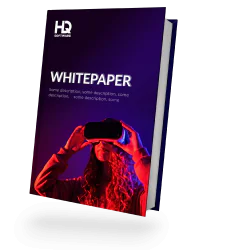
Faster booking and higher conversion rates. Virtual Reality enables quick comparison of different locations, reducing the time spent on customer inquiries for agents. Additionally, by tailoring experiences to individual client preferences, VR can help expedite bookings and increase the conversion rate from interested customers to actual clients. Specifically, products with AR/VR experiences were found to achieve a conversion rate of up to 94% higher compared to equivalent solutions lacking immersive virtual content.
Tour optimization. By analyzing user engagement with numerous virtual tours, travel businesses can gain valuable insights into travelers’ interests. Travel companies can use this information to test new travel packages and improve them before introducing them to the market.
In summary, VR boosts the travel planning process, marketing efforts, sales outcomes, and customer service through digital simulations.
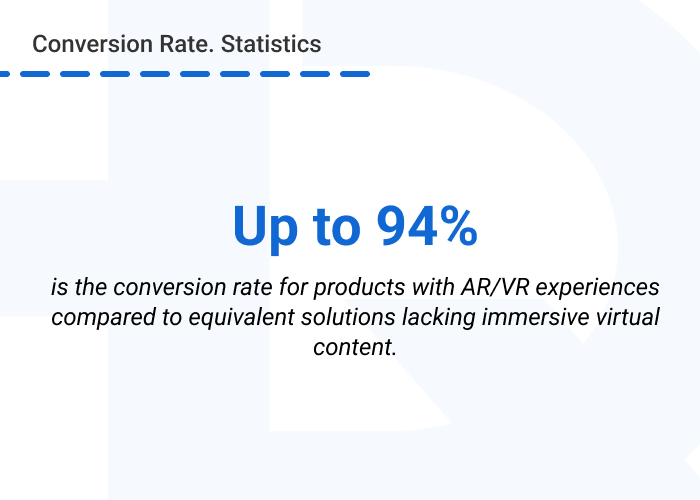
Now, let’s take a closer look at four of the top Virtual Reality travel experience applications, including:
Virtual tours of hotels allow potential guests to visually explore a hotel’s facilities via 360-degree videos or 3D simulations. Some key aspects of virtual hotel tours through VR include:
For example, in a Matterport Hotel Virtual Tour, tourists can evaluate the hotel infrastructure, room categories, and the options provided. The tour highlights the most appealing aspects of staying at the hotel, featuring them at optimal times of day to create the strongest impression.
Such virtual tours streamline the property search, reducing wasted viewings by 40%.
Virtual Reality travel apps are experiencing explosive growth, driven by their ability to virtually transport users to popular tourist attractions — beaches, landmarks, museums, theme parks, etc.
Some companies offer live virtual tours, where a guide takes you on a virtual tour of a destination in real-time. This can be a great way to get a personalized experience and ask questions along the way.
The China National Tourism Administration offers a VR experience that allows users to virtually walk along the Great Wall of China. This immersive experience showcases the grandeur of the wall and its surrounding landscapes, providing a unique and engaging way to explore this iconic landmark.
These immersive experiences generate excitement and awareness about local tourism offerings, leading to increases in both the user base and revenue.
Imagine booking your entire trip — flights, hotels, and tours — through an immersive virtual interface. No need for a mouse or keyboard; this innovative system lets you navigate and confirm your travel plans with ease.
Potential travelers can explore room types, check out nearby attractions, access key information, and seamlessly make a reservation all within a unified virtual environment.
A bright example is Amadeus, the world’s first Virtual Reality travel search and booking experience.
Such a VR solution transports you to a world where you can explore destinations, search for flights, select your seat on a virtual plane, compare rental cars, and complete your entire booking.
By sharing Virtual Reality listings via social media or webpages, travel businesses can increase awareness of their offerings. Immersive VR content drives increased user engagement, leading to a surge in shares, likes, and comments. Such an unusual interaction significantly boosts visibility of the travel brand, expanding its online presence and attracting a wider audience. This can lead to increased website traffic, growing social media followers, and ultimately, more bookings.
DiscoverLive, for example, provides on its website 100% interactive tours. These virtual guides conduct livestreamed walking tours through the streets of places in Europe and Asia. One of the standout features of DiscoverLive’s virtual tours is their livestreamed nature, where questions can be asked in real time.
From immersive destination previews to virtual tours to faraway lands, VR has proved its ability to enhance the travel experience. As this technology continues to evolve, we can expect even more innovative applications that will redefine how we discover, plan, and enjoy our adventures.
Moving forward, let’s dive into some shining examples of how VR technology is already being integrated into tourism.
“VRoom Service,” provided by the Marriott Hotels group, can deliver Virtual Reality experiences directly to your room. The VRoom Service offers a diverse range of virtual experiences through its “VR Postcards,” transporting guests to the breathtaking landscapes of the Andes Mountains, Rwanda, and Beijing’s streets. Each 360-degree 3D video immerses viewers in a unique cultural experience, offering a glimpse into different corners of the world.
Moreover, Marriott Hotels offers a captivating virtual honeymoon option for newlyweds. Through a seamless blend of live-action video, advanced computer-generated imagery, and 4-D elements, the application can transport couples to the streets of London and the breathtaking landscapes of Hawaii.
First Airlines offers a website where you can book a virtual flight and even choose a seat. During the “flights” passengers embark on a journey aboard a meticulously crafted A310 cabin, while enjoying the attentive service of real-life flight attendants.
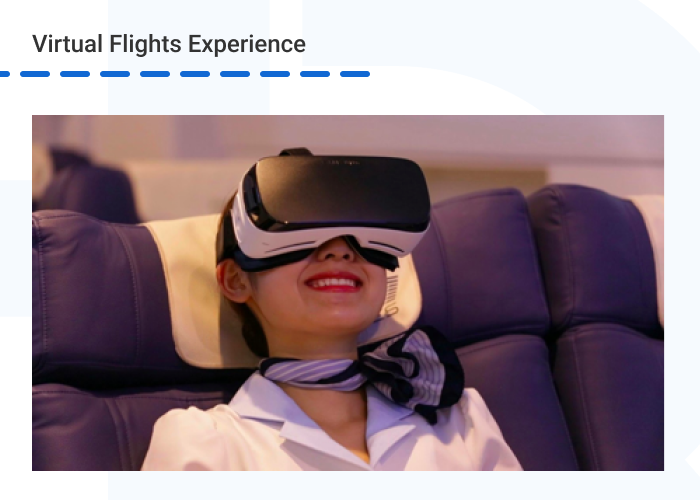
The Ikebukuro virtual aviation facility offers a world of possibilities, with 110-minute flight simulations to the streets of New York, Paris, Rome, or Hawaii.
Qantas, Hamilton Island, and Samsung have created a VR experience that transports users to the heart of one of Australia’s most beloved holiday destinations. With the 3D 360-degree experience, tourists can virtually fly with a Qantas jet preparing to land on Hamilton Island. Travelers can then explore the pristine beaches, lush rainforests, and world-class resorts of Hamilton Island.
Overall, by creating lifelike tour simulations and interactive travel content, it’s possible to promote your offerings in an enriched, much more engaging way.
For a travel business, embracing Virtual Reality travel experiences opens up exciting opportunities to enhance your offerings, reach new audiences, and drive business growth.
Rather than passive online listings or brochures, VR transports users directly to your destination, to see it through their own eyes. By creating virtual tours of your hotels, resorts, or attractions, you can allow potential customers to virtually explore your offerings and connect with them on a deeper level. This can significantly boost your marketing efforts, attract new clients, and drive booking rates.
At HQSoftware, we understand the transformative potential of Virtual Reality for the travel industry. Our team of experienced developers and designers has the deep AR/VR expertise to develop high-quality virtual tours, simulations, and interactive content tailored to your specific brand and marketing goals.
As your outsourcing software provider, we follow an agile development methodology to ensure efficient software delivery. This iterative process utilizes two-week sprints, daily stand-ups and close collaboration with our clients. With a focus on continuous improvement, our developers welcome feedback to constantly enhance the product experience.
This allows us to rapidly prototype, create user-friendly design, and incrementally develop towards the optimal final product. Additionally, our quality assurance processes involve both manual and automated techniques to maintain high standards throughout development. Most importantly, our efficient processes ensure projects are completed on time and on budget.
Contact us to discuss how we can help your travel business incorporate this exciting technology and unlock new opportunities for growth.
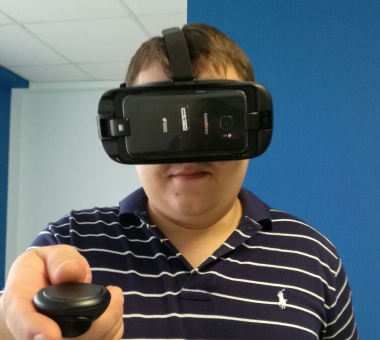
AR/VR Expert
A developer with extensive expertise in AR/VR, very ingrained into the topic of Mixed Reality development. Shares his knowledge and the results of many years of work.
We are open to seeing your business needs and determining the best solution. Complete this form, and receive a free personalized proposal from your dedicated manager.

Sergei Vardomatski
Founder